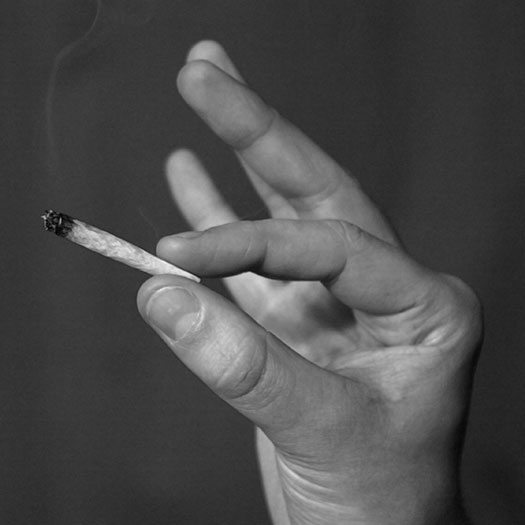
July 23, 2017; The Hill
Even while the U.S. is suffering through a deadly opioid epidemic, fueled in part by an over-prescription of opioids, Attorney General Sessions is making himself busy fighting marijuana use. The Trump administration’s Task Force on Crime Reduction and Public Safety, which is led by Sessions, is expected to release a report next week linking marijuana to violent crime and recommending tougher sentences “for those caught growing, selling, and smoking the plant.” Criminal justice reform advocates fear stricter enforcement.
In a recent article in The Hill, Inimai Chettiar, director of the Brennan Center’s Justice Program, said, “Task Force subcommittees will also undertake a review of existing policies in the areas of charging, sentencing, and marijuana to ensure consistency with the Department’s overall strategy on reducing violent crime and with Administration goals and priorities.”
Further, in May, Sessions asked Congressional leaders “to do away with an amendment to the DOJ budget prohibiting the agency from using federal funds to prevent states ‘from implementing their own State laws that authorize the use, distribution, possession or cultivation of medical marijuana.’”
In the letter to Congressional leaders, Sessions wrote, “I believe it would be unwise for Congress to restrict the discretion of the Department to fund prosecutions, particularly in the midst of an historic drug epidemic and potentially long-term uptick in violent crime.”
Chettiar said, “We’re worried there’s going to be something in the recommendations that is either saying that that’s true or recommending action be taken based on that being true.”
Finally, Sessions “reportedly re-established a controversial criminal asset seizure program.”
Sign up for our free newsletters
Subscribe to NPQ's newsletters to have our top stories delivered directly to your inbox.
By signing up, you agree to our privacy policy and terms of use, and to receive messages from NPQ and our partners.
However, local law enforcement leaders said there’s no need for this crackdown. Ronal Serpas, the former superintendent of the New Orleans Police Department and co-chairman of Law Enforcement Leaders to Reduce Crime and Incarceration, said,
From a practitioner’s point of view, marijuana is not a drug that doesn’t have some danger to it, but it’s not the drug that’s driving violent crime in America. That’s not the drug with which we see so much death and destruction on the streets of America. Crack and powdered cocaine, heroin and opioids is where we’re seeing people die on street corners fighting over territory or control.
While eight states and the District of Columbia have legalized recreational marijuana use and 21 allow medical use of marijuana, under federal law marijuana is still illegal. A bipartisan group of senators has been advancing legislation that allows medical marijuana use, and legislation was introduced last month by Kirsten Gillibrand (D-NY), Cory Booker (D-NJ), Lisa Murkowski (R-AK), Al Franken (D-MN), Mike Lee (R-UT), and Rand Paul (R-KY) “to allow states to set their own medical marijuana policies.”
In a twist, Sessions’ recusal from the Russia investigation and Trump’s very public repudiation is the context for the expected crackdown on marijuana. We don’t know what to expect from Trump on this at this point, but in an interview with the New York Times, longtime Trump ally Roger Stone said Trump is asking, “‘Where’s my tough guy? Why doesn’t he have my back?’ There’s a lack of aggressiveness with Sessions, unless it involves chasing people for smoking pot.”
Paul told The Hill, “I will oppose anybody from the administration or otherwise that wants to interfere with state policy.” Booker said, “If we can overcome Strom Thurmond’s filibuster against the civil rights bill, we can overcome a U.S. Attorney General who is out of step with history and out of step with his party.” In an already fragmented Republican Party, Chettiar wonders whether differences over criminal justice reform will help trigger a showdown.
But, then again, many have started to refer to the attorney general as the “current” attorney general as his boss has begun to take public pot shots (no pun intended) at him for recusing himself from the Russia investigation.—Cyndi Suarez













